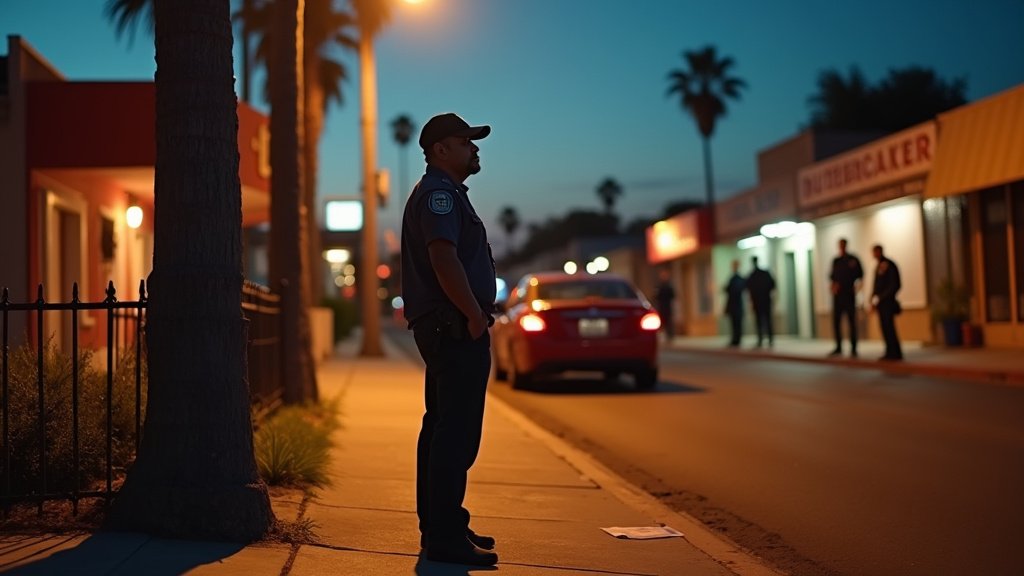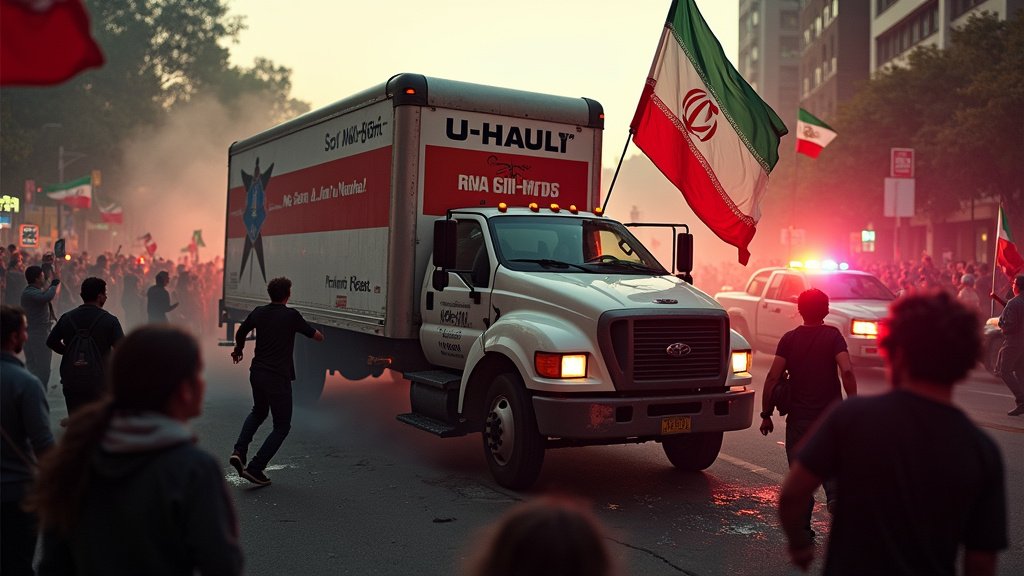LOS ANGELES – For tens of thousands across Los Angeles County, life has become a precarious balance between courage and caution, a reality shaped by aggressive immigration raids that have intensified over the past three months. Since early June, U.S. Immigration and Customs Enforcement (ICE) and other federal agencies have conducted widespread operations, altering daily routines, sparking community mobilization, and creating an atmosphere of pervasive unease in this diverse metropolis.
A Surge in Enforcement Operations
The recent wave of immigration enforcement began in earnest in June, with data indicating thousands of arrests across Southern California. From June 6 to August 7, the greater Los Angeles area saw over 4,100 immigration arrests, with a significant peak recorded in June. These operations have targeted various locations, including well-known gathering spots for day laborers like Home Depot parking lots, as well as car washes and public streets, disrupting community life and instilling fear.
While the administration has emphasized targeting individuals with criminal histories, initial data suggests a complex reality. Reports from June indicated that a substantial majority of those arrested had no prior criminal convictions, with some figures showing as high as 68% had no convictions and 57% had never been charged with a crime. These numbers have fueled criticism from immigrant rights advocates who argue that enforcement actions are indiscriminate and contribute to a climate of terror.
A temporary restraining order issued in July aimed to curb some of the more aggressive tactics, prohibiting agents from making stops based on race, language, vocation, or location without reasonable suspicion. This legal intervention appears to have led to a reduction in the most widespread street sweeps, though enforcement continues.
Life in the Shadow of Raids
Los Angeles County, with roughly a third of its 10 million residents being foreign-born, is home to a vast immigrant population deeply woven into the fabric of the community. The increased federal presence has led to visible shifts: masked agents are a more common sight, neighbors have organized protests, and many children are now attending school online rather than in person, fearing their parents might not be home when they return. The economic fallout is also palpable, with businesses reporting reduced foot traffic and revenue as people opt to stay home, fearful of interactions with law enforcement.
Day laborers still convene at their usual spots, but with heightened awareness, sometimes posting warning signs at their gathering centers. Small business owners and street vendors scan their surroundings more warily, with some contractors opting to work at night to avoid detection. The fear of separation casts a long shadow, particularly affecting families with mixed immigration status, where children often bear the brunt of the anxiety.
Community Resilience and Advocacy Efforts
In the face of intensified enforcement, Los Angeles communities are demonstrating significant resilience and a commitment to mutual support. Neighbors are actively organizing protests and forming mutual aid networks to provide essential assistance to those affected by the raids. Organizations like the Coalition for Humane Immigrant Rights of Los Angeles (CHIRLA) and Esperanza Immigrant Rights Project are providing critical legal services and advocacy, working to protect the rights and dignity of immigrants.
City leaders, including Los Angeles Mayor Karen Bass, have publicly condemned the raids, labeling them as discriminatory, disruptive, and destabilizing. Some municipalities are exploring avenues to provide financial aid to families impacted by the enforcement actions, aiming to mitigate the immediate economic hardships.
The current situation reflects a broader trend in the U.S. where immigration enforcement has become a central political issue. Research indicates a decline in the U.S. immigrant population, with California being a key area of focus for federal immigration policies. Despite the challenges, the spirit of community in Los Angeles remains strong, with residents banding together to navigate this uncertain period, a testament to their resilience in the face of ongoing immigration news and federal actions.





